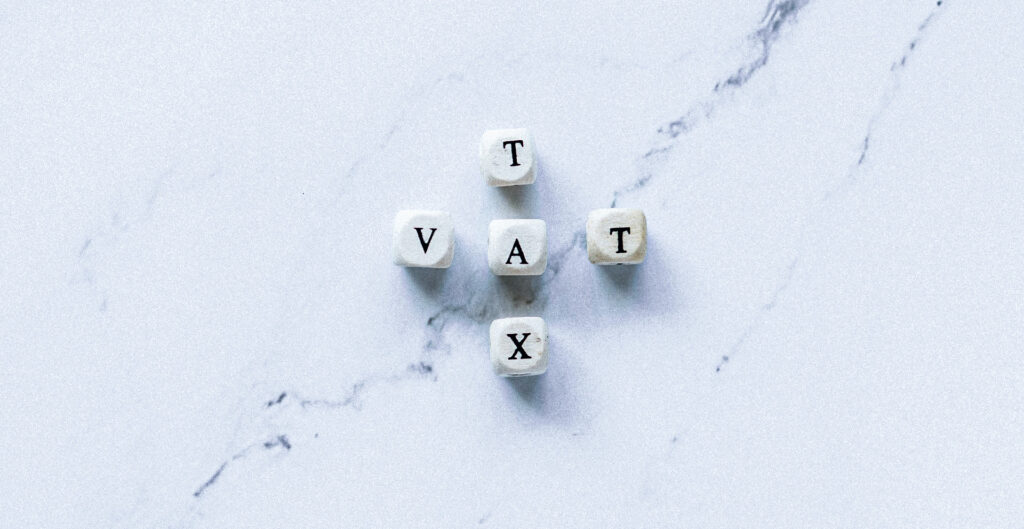How VAT Works
VAT is a consumption tax. It is only levied once a product or service is consumed.
VAT is additional revenue raised by the government by requiring certain businesses to register for VAT and then levy VAT on taxable goods or services. In essence, vendors act as agents on behalf of SARS.
Businesses are required by law to register for VAT once their turnover exceeds R1 million during a 12 month period or voluntarily at any stage before the threshold is reached.
In accordance with the VAT Act, Vat is either charged at a Standard rate or is exempt.
Vat levied at the standard rate is either levied at 15% or at 0%. So in other words when you purchase fuel you are in fact buying standard-rated goods on which VAT of 0% is levied.
Exempted goods do not incur any VAT. Some of the more pertinent items include finance charges, salaries and wages, and transportation of people.
The VAT Act clearly defines which goods should be subject to Standard Rate and which goods are exempted. It is extremely important to ensure that you know exactly when to levy VAT and when not to. The risk associated with getting this wrong is huge and any audit by SARS will be to your detriment.
The amount of VAT payable to SARS is the net amount of VAT output less your VAT input.
The Impact on You
The requirements for registration of VAT are the same for both a sole proprietor as for a company.
Once you are registered you should add 15% vat on the selling price. It does not matter whether you are selling to a person which is registered for VAT or not.
Should you make a purchase from registered VAT vendors, you will be allowed to claim input VAT on those purchases. Claiming input VAT is however subject to various provisions which should be considered. You will for instance not be allowed to claim any input VAT if the product or service you acquired is classified as either zero-rated or exempt supplies. Vat input will also not be allowed against the payment of salaries of interest.
VAT input can only be claimed against your VAT output for normal-rated supplies.
The amount of VAT payable to SARS is the net amount of VAT output less your VAT input. This calculation needs to be done for every VAT period ensuring that you pay over or claim the correct amount of VAT.






